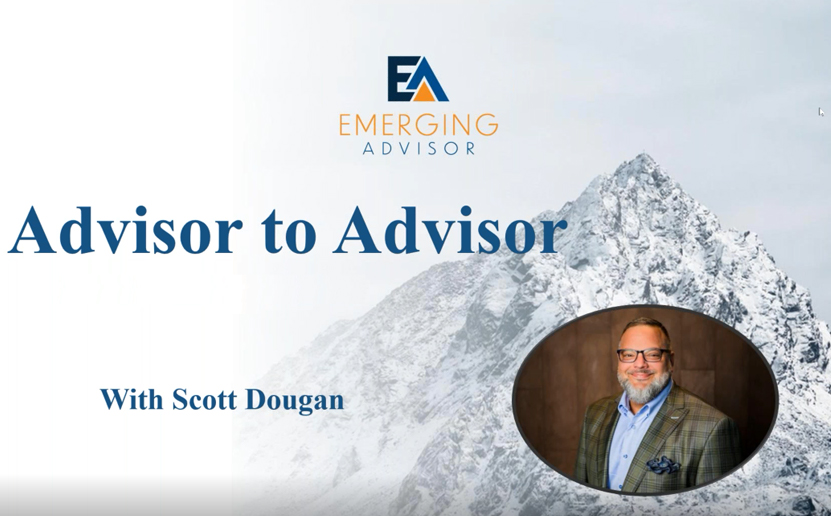September 28, 2022
A Hypercar Approach to Building Your Practice
Why does a street legal car need to have the ability to travel to speeds of 253 miles per hour? It doesn’t, but there’s one that did just that. When the Bugatti Veyron was introduced back in 2005, it set the automotive world ablaze. Story after story was written about the mechanics and thrills of
Read More



